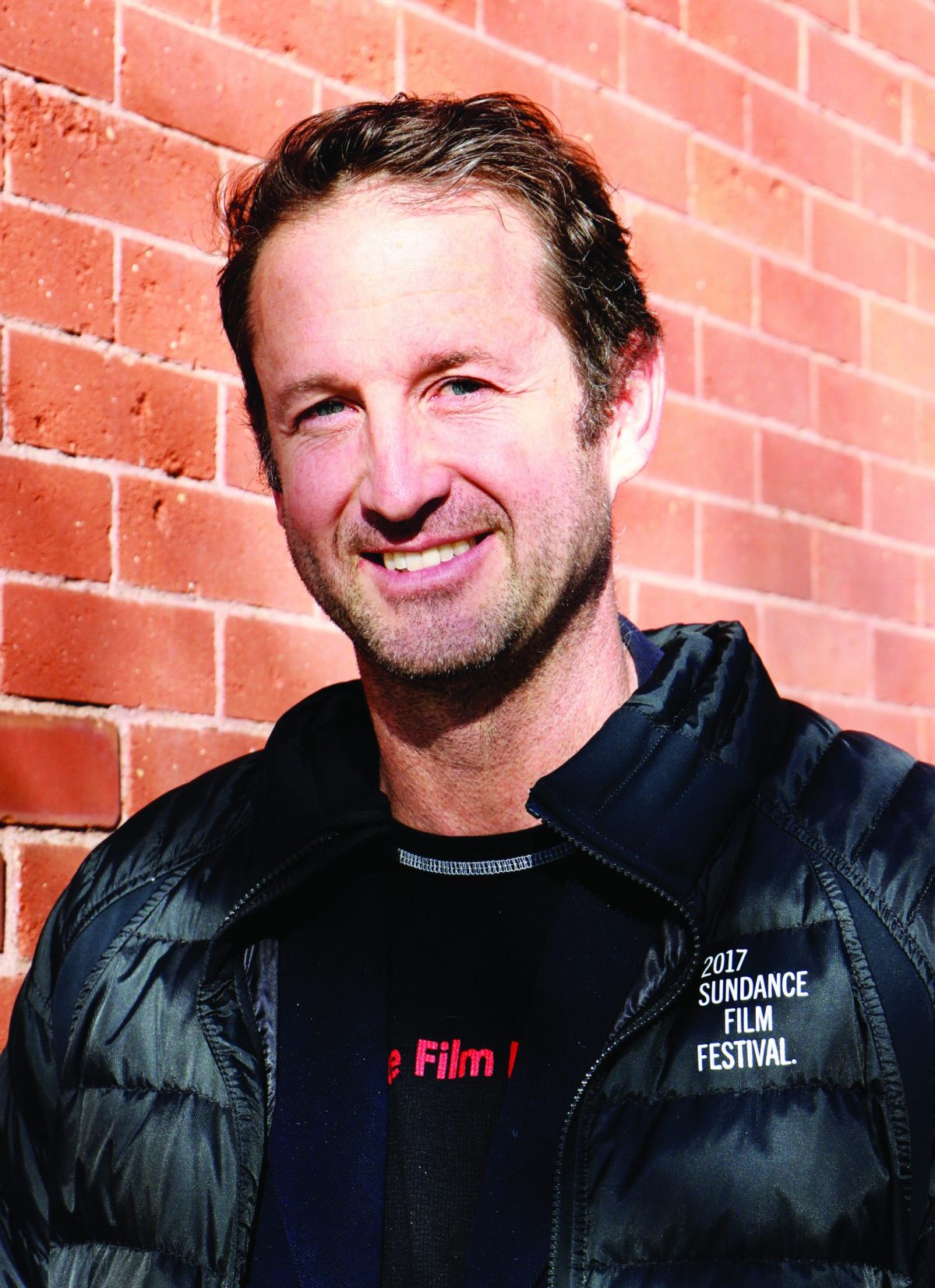For many newly minted filmmakers, submitting a project to the Sundance Film Festival is daunting, and acceptance seems like an improbable long shot. And there is plenty of reason to keep their optimism in check. According to a press release announcing this year’s festival program, the 121 feature-length films that will be screened were culled from a pool of 3,901 submissions. The competition among short films was just as fierce.
But according to Trevor Groth, Sundance’s longtime director of programming, first-time filmmakers should not be discouraged — their chances may be better than they imagine.
“We are wide open to the different stories anyone wants to tell, and it doesn’t matter what their background is,” he said, adding some successful applicants may not even have formal movie-making training.
He singled out two of this year’s U.S. Documentary Competition films that were made by novices, “The Sentence,” and “Minding the Gap.”
“They just started filming friends and family then, over the course of the story, you see them evolve and their skills get better and their storytelling gets better,” said Groth.
Groth says a good way for an aspiring filmmaker to begin turning a tale into a film is to hit the film festival circuit as an attendee.
“One of the best parts about film festivals is the sense of community they create among like-minded people who love film and love storytelling. You can actually meet people to collaborate with,” said Groth.
The growing market for independent films has led to a corresponding increase in global, regional and local film festivals that, Groth says, can be great places to network with “people who can tell your story.”
He also mentioned a newer trend: people with various film-related skills are forming collectives.
“Sometimes one person will direct and others will produce, then they switch roles and shoot each other’s films or edit them. I think that kind of group thinking about films is a great way to break into it.”
Once a project is in the works, Groth suggests taking an objective view of the whole range of festival possibilities including, but not limited to, Sundance.
The best thing is to do some homework. “There are endless film festivals you could submit to, but it’s good to target the ones that make the most sense. … Look and see if your film has similarities with other films that have played there, that the programmers and the audiences might respond to.”
When submitting to multiple festivals though, Groth added, it is important to pay attention to the rules for each one. Sundance, for example, requires that all films in competition be “world premieres.” There are no premiere restrictions however for Sundance’s short films.
“Obviously, a great way to break into filmmaking is to make a short film. We encourage people to show those in as many places as you can. We will still accept submissions for shorts no matter where they play, what festivals they have played in, even if it is online we will still consider it,” he explained.
But, when pressed to reveal some tips on winning the heart of a Sundance programmer, Groth did offer a few specific suggestions.
Spend extra time on editing
“The hardest part about filmmaking is, arguably, editing. I wish filmmakers would take time to edit their films to the point where they are the films they need to be. Don’t be afraid of losing some scenes or some moments that you really love but don’t make the film better. … The majority of submissions that come to us, we all feel, could be edited more … not rushing the editing process would be advice I would give.”
Lighten up!
“In general, I would love to see more comedies submitted. We love comedies at Sundance, but they are hard to find, good ones especially. I’d love to see the percentage of people trying to make a comedy grow … there are a lot of dramas out there and it is refreshing to see comedies too.”
Believe in your film
“When you believe in your film, you are ready. And if one festival doesn’t accept you, don’t let it discourage you. Keep on submitting it and if the festivals don’t work out, put it online. Plenty of people can get discovered that way, too. Just believe in your film, believe in yourself and be persistent.”

